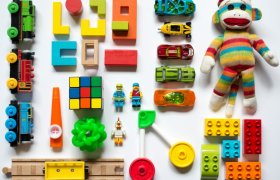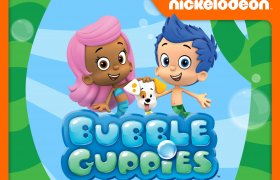Healthy Diet for Teens: What to Eat During Puberty?
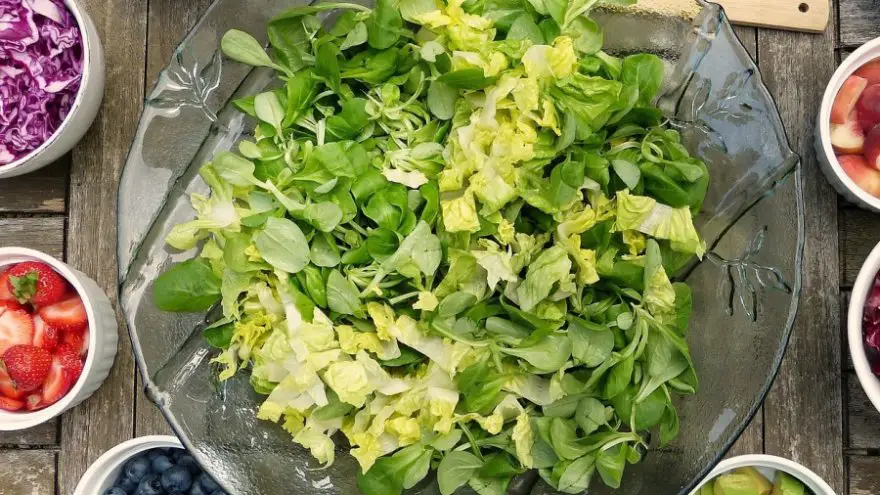
One of the most important things to take care of, not only during adolescence and while going through puberty, but throughout the child’s whole development and for as long as you can positively influence them, is taking care of a teen’s diet and overall eating habits. In a time when so many nations worldwide struggle with health issues born from poor alimentation choices and an overall neglectful attitude towards people’s eating habits and schedules, it can be dangerously easy to lose sight of what a child eats or what kind of minor addictions they can accidentally get exposed to, such as various soft drinks or fast food generally.
As such, it is especially important to help a teenager going through puberty develop a healthy diet, in order to avoid having the teen experience any complications related to hormonal issues, weight struggles or even various risky illnesses that can pop up because of poor alimentation.
A proper diet can positively influence everything from their physical development, offering the necessary support to sustain the growth spurts and all of the sudden changes that the teen’s body is currently undergoing, all the way to keeping their mental health on the right path or even improving it if they had been struggling with certain issues.
Proper alimentation, coupled with a healthy dose of sleep, make for the best combo for a growing teenager, albeit rest might be more difficult to come by during this period of their life, especially as they develop their own sense of independence and try to adjust to their friend’s group’s overall lifestyle.
With all that being said, here is what you should be looking to include in your teen’s diet in order to ensure that they are getting the necessary nutrition and energy they so much need in this period of their development!
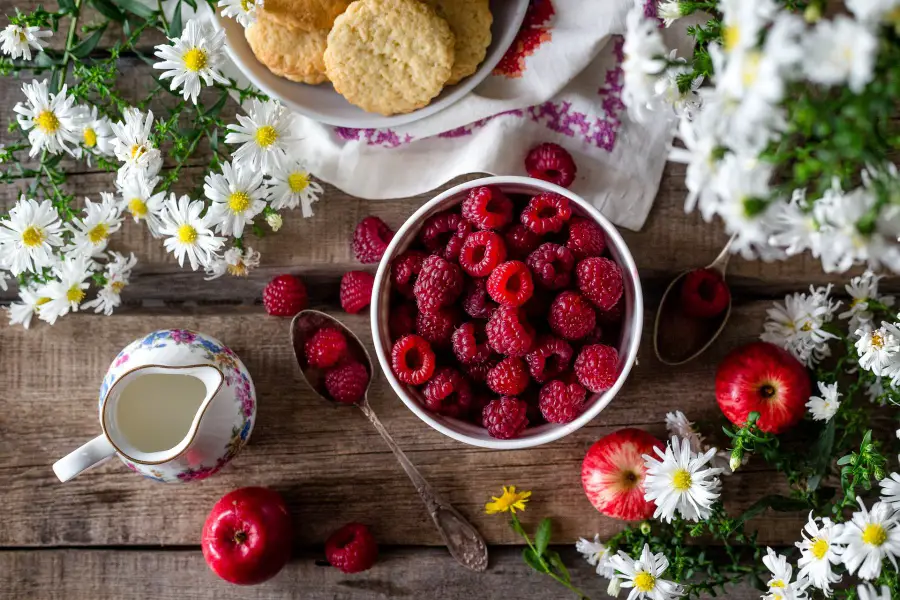 First off, something that they should eat, but is not limited to their age group, is eating three regular meals a day, with at least a couple of snacks in between each of those. There is no healthy diet with less than three main meals, especially not for a teenager whose body needs so much more energy and supplements to reach its full potential. The benefits of having well-planned eating habits will not only show in the present but in the long run too.
First off, something that they should eat, but is not limited to their age group, is eating three regular meals a day, with at least a couple of snacks in between each of those. There is no healthy diet with less than three main meals, especially not for a teenager whose body needs so much more energy and supplements to reach its full potential. The benefits of having well-planned eating habits will not only show in the present but in the long run too.
Breakfast
Breakfast is the most important meal of the day, not only because it’s the moment we get to replenish all of the energy lost a day prior (as much as others might be tempted to say that sleep is enough to get new energy), but also because it sets the tone of the entire rest of the day that we have ahead of us. So, eating enough and eating well during breakfast time is an essential step towards proper development.
For a nutritious breakfast meal, carbohydrates that supply the brain and muscles with energy are the most indicated, in order to get a good head start in the day. Foods such as grains and cereals and bread of any kind contain plenty of carbohydrates and fiber and even vitamins, which help prevent the installation of tiredness across the day.
You can try getting your teen used to eating milk and cereal for a breakfast meal, or a bowl of oatmeal or biscuits with a kind of jam or anything you can mix together for both a tasty meal and a nutritious one.
Dairy foods also help fixate the calcium necessary for healthy bones and teeth and it’s indicated for a growing teen to get plenty of dairy in their diet. However, if they have an intolerance, alternatives can also help, be it by taking vitamins from different supplements or by replacing animal milk, for example, with almond milk with added calcium. It’s all about figuring out what works fine for your child and what doesn’t, after all.
Lunch
When it comes to having lunch, different families have different customs, opting either for solid meals or choosing soups as a main course, but regardless of what your eating habits entail, lunchtime is still a good opportunity to introduce a generous intake of fluids in your teen’s diet, fluids which are very important for their development. Soup is a great way to keep hydrated and prevent easily avoided issues such as constipation.
A misconception which should be avoided is that lunch is not a very important meal, only because it succeeds breakfast, which should fuel the person for the majority of the day if needed. None of the main meals of the day should be neglected!
Dinner
Dinner time is the time for a grand protein intake, as well as the necessary iron for a healthy development. Lean meat, such as chicken, is a great source of both protein and iron. Not enough protein gained through alimentation can slow down a teenager’s growing process, or even delay it to a point that they will go through sudden growth spurts later on when their diet eventually improves. Fish is especially important for the brain, eyes and the skin as well, and should not be neglected from one’s diet.
Alternatives to meat can be eggs, nuts, and vegetables such as lentils or beans, and it’s encouraged that you include them in a teen’s diet to be eaten at least twice a day.
Despite having to eat meat for protein, you should not let that become an excuse for supplying your teenager with too much fat or oils intake, as it can recalibrate their own weight, which might not be all that beneficial for them. Watch the number of fats and oils that sneaks into their diet by keeping an eye on foods such as chips, cakes, fried things, and chocolate, which serve as a momentary comfort food but don’t bring any sort of positive nutritional value in big quantities.
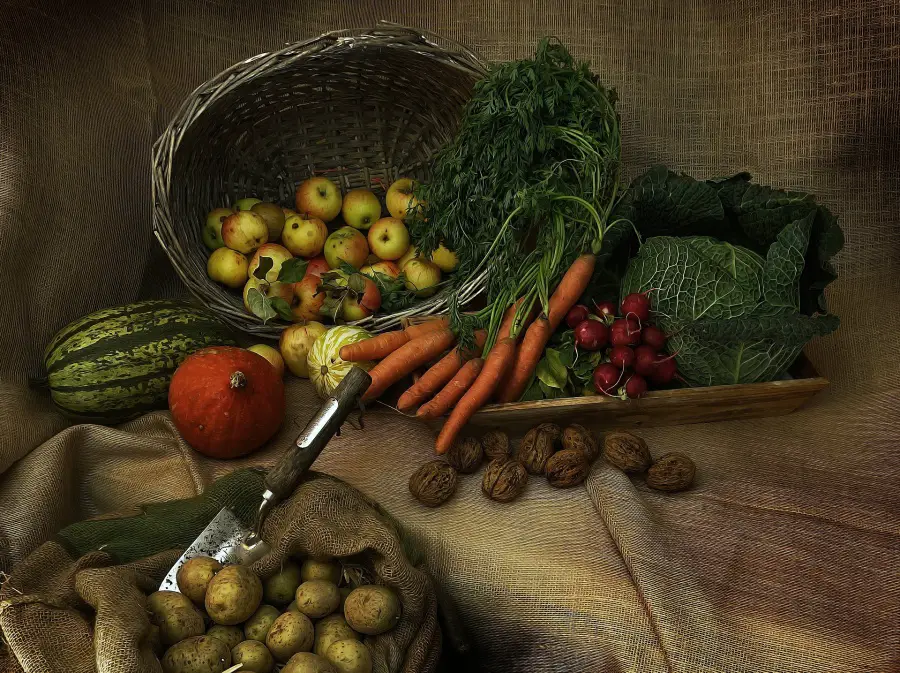 Snacks
Snacks
Snacks can be anything from cereals and seeds, to fruits and smoothies. Fruits have a high quantity of vitamins and minerals and they’re highly beneficial for a teenager’s immune system, strengthening it against any sort of flu and other sicknesses that could easily be prevented. At least two serves of snacks per day would be great, one between each main meal, as they can give the teenager a boost of energy whenever needed.
Liquids
Keeping hydrated goes for everyone, especially since water can be a great ally for the organs if there are other kinds of excesses happening within the diet. Drinking enough fluids helps cleanse the kidneys and it can prevent tiredness, headaches, and constipation as well. Water is an all-time trusted fluid, but tea and fruit juices, as well as the trusty soup during lunchtime, are amazing alternatives that should not be neglected.



